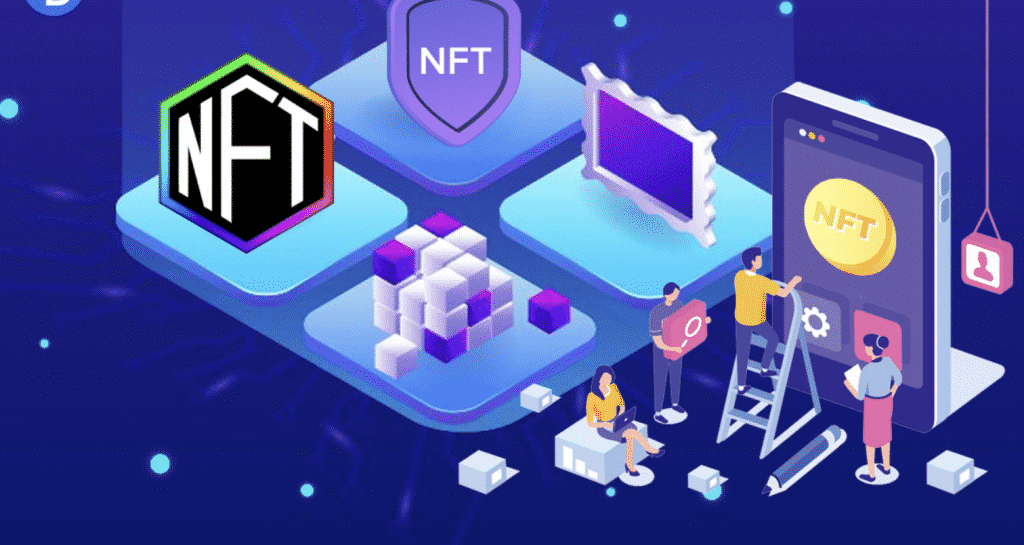NFTs are a hot topic at the moment, in part because the NFT industry is experiencing rapid growth and more widespread adoption, especially in certain industries, such as in the arts. But will NFTs form the future of ecommerce?
It’s an interesting question that doesn’t have an easy answer, but we’ll be taking a closer look at it in today’s article and looking into our metaphorical crystal ball to see what the future might bring. Let’s get started.
NFTs in ecommerce
NFTs basically represent data that are stored on a blockchain, and they’re often associated with works of art because they’re an easy way of tracing provenance. In the past, if you wanted to buy a painting, you had to get a specialist to appraise it to check that it was genuine and to ensure that it had the correct provenance. NFTs remove the need to do that.
But it’s not just artwork that NFTs are ideal for, which is why they’re already being rolled out to cover all sorts of digital and intellectual property assets, from software to databases. That means that while traditional ecommerce stores that ship physical products might have less of a need for NFT technology, those that specialize in offering downloads and other digital assets will be in the perfect place to adopt the tech.
The exciting thing about NFTs is that by their very nature, they’re decentralized. In some ways, this levels the playing field because no single ecommerce store has a monopoly. This also means that if you’re using ecommerce to sell NFTs, there’s more of an emphasis on differentiating yourself by proving great customer service or other value-adds.
One of the challenges for ecommerce companies that want to take advantage of NFTs is that they’ll need to call in resources to be capable of NFT marketplace development. Some turn to agencies and freelancers, while others hire in-house resources to meet the demand. If you plan to make NFTs a part of your own ecommerce company, you’ll need to decide which approach works best for you.
On the plus side, there’s very much an early adopter advantage on offer, and so if you’re able to become one of the first ecommerce companies to make NFTs a core part of your offering, you can cut through the noise and build a name for yourself.
The NFT marketplace is still something akin to the web’s Wild West, and we’re yet to see a major player emerging to dominate it in the way that Amazon monopolized the ecommerce industry in the late nineties. This means that there’s a huge gap in the market that someone will have to fill – but on the downside, only one company will make it, and that’s also assuming that NFTs take off in the first place.
Conclusion
Ultimately, it comes down to that NFT probably isn’t the future of ecommerce, but only because the future of ecommerce doesn’t lie in a single technology. Instead, it’s likely that a variety of different technologies will come into play, from NFTs to artificial intelligence and machine learning.
That doesn’t mean that NFTs should be dismissed though because they’ll still be super important, and so you’ll want to make room for them in your strategy. Just don’t make everything about NFTs, because that’s exposing you to more risk than is necessary. Good luck!

